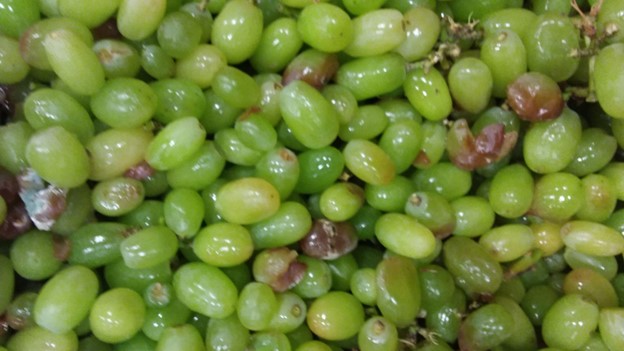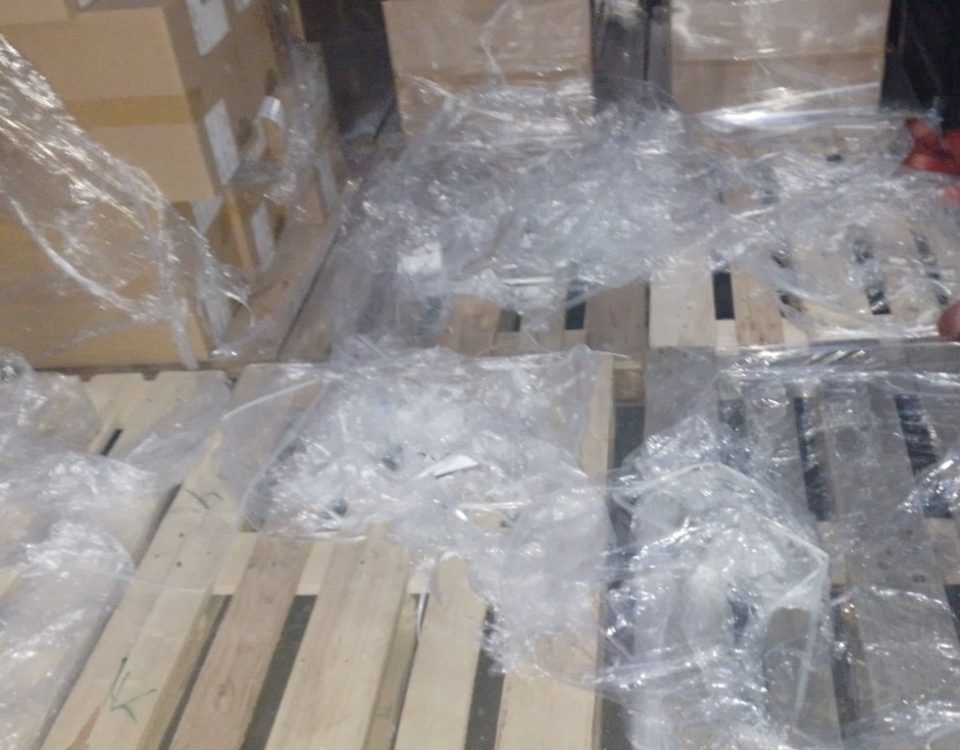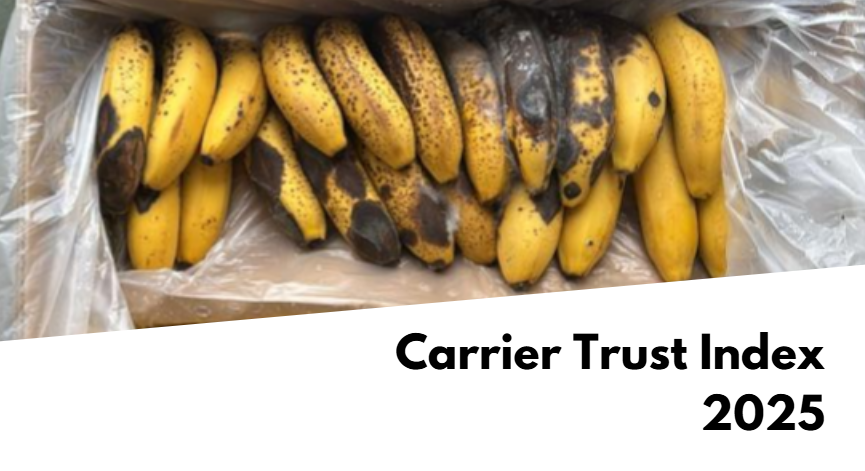Top Fruit Exports and How to Avoid Cargo Claims: Grapes

The Power of First Notice of Loss or Damage
September 1, 2023
Water Damage in Cargo Containers
September 8, 2023The global grape market is ripe for growth, projected to escalate from USD 200.91 billion in 2023 to an impressive USD 283.10 billion by 2028, with a CAGR of 7.10%. Exporting grapes requires finesse and attention to detail at every stage of the journey, from harvesting to cooling and storage.
Harvesting and Handling: The Critical First Step
Grapes are finicky fruits that don’t continue to ripen post-harvest. Hence, timing is crucial. Harvesting at the optimal maturity based on soluble solids content (SSC) is vital. Firmness of berries, along with the absence of defects like decay, cracked berries, stem browning, or insect damage, plays a pivotal role in maintaining consumer confidence. Grapes are often packed in 5-10 kg cartons, complete with retail carrying bags or punnets, ensuring safe and appealing presentation.
Cooling and Storage: The Key to Prolonged Freshness
Temperature management is non-negotiable when it comes to storing grapes. A recommended storage temperature of around 0°C extends the storage potential to several months. However, this duration varies based on factors like maturity at harvest, swift pre-cooling, efficient fumigation, and a consistent low storage temperature. Storage life is influenced by grape variety; for instance, Thompson Seedless can last 2-3 months, Ribier for 2-4 months, and Emperor for 4-6 months.
Humidity: A Guardian of Quality
Maintaining the right humidity levels is essential to prevent the wilting and shriveling of grapes. While the industry standard is between 60% and 85% relative humidity (RH), newer reefer units can achieve even lower levels, dropping to 50% RH. To counter moisture loss and maintain stem condition, high relative humidity is paramount. Employing perforated polyethylene film within export cartons can thwart shriveling and drying, ensuring cargo quality throughout transit.
Combatting Deterioration: A Battle Against Pathogens
Bacteria and fungi are common adversaries that pose a significant threat to cargo quality. Grapes become susceptible to these pathogens during ripening and senescence. Botrytis cinerea, a notorious spoiler, thrives in conditions with a temperature of around 24°C, but even temperatures near 0°C won’t hinder its activity. Effective countermeasures include removing desiccated grapes, implementing canopy management, employing pre-harvest fungicides, trimming damaged berries, cooling promptly, and fumigating with sulfur dioxide or continuous release SO2 pads.
Remember, being armed with knowledge is the key to a successful export venture. In case unexpected challenges arise, experts specializing in cargo claim recovery, like Recoupex, can provide valuable support, ensuring your cargo is protected and your interests secured throughout the shipping journey. With a market on the brink of substantial growth, ensuring grape quality is a pledge to deliver excellence in international trade!
Recoupex is a hub of transport lawyers – experts in cargo claims. We assess your case quickly. We have successfully recovered claims from Maersk, Sealand, Hapag-Lloyd, Mediterranean Shipping Company – MSC, CMA CGM, and other carriers.



